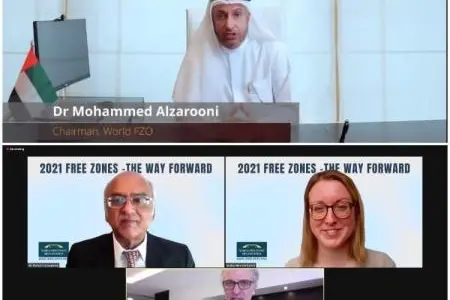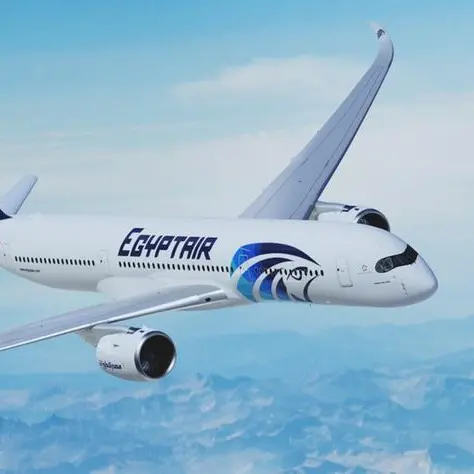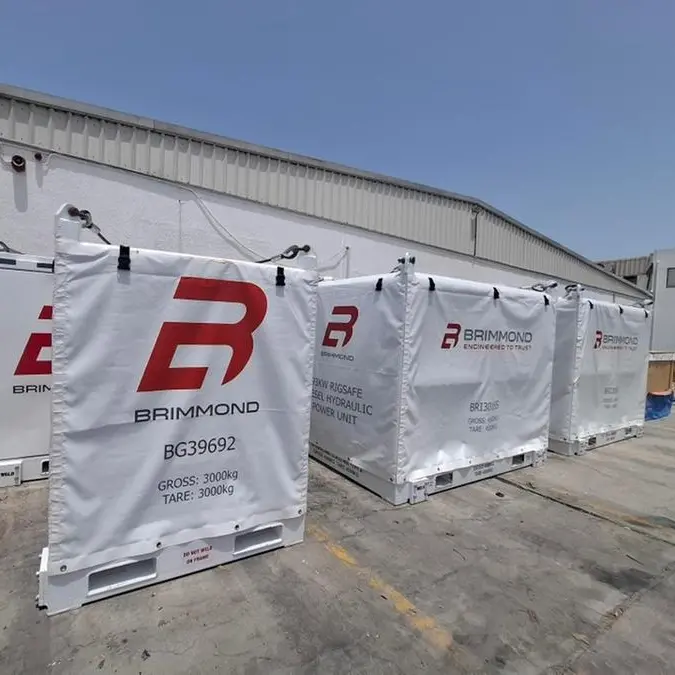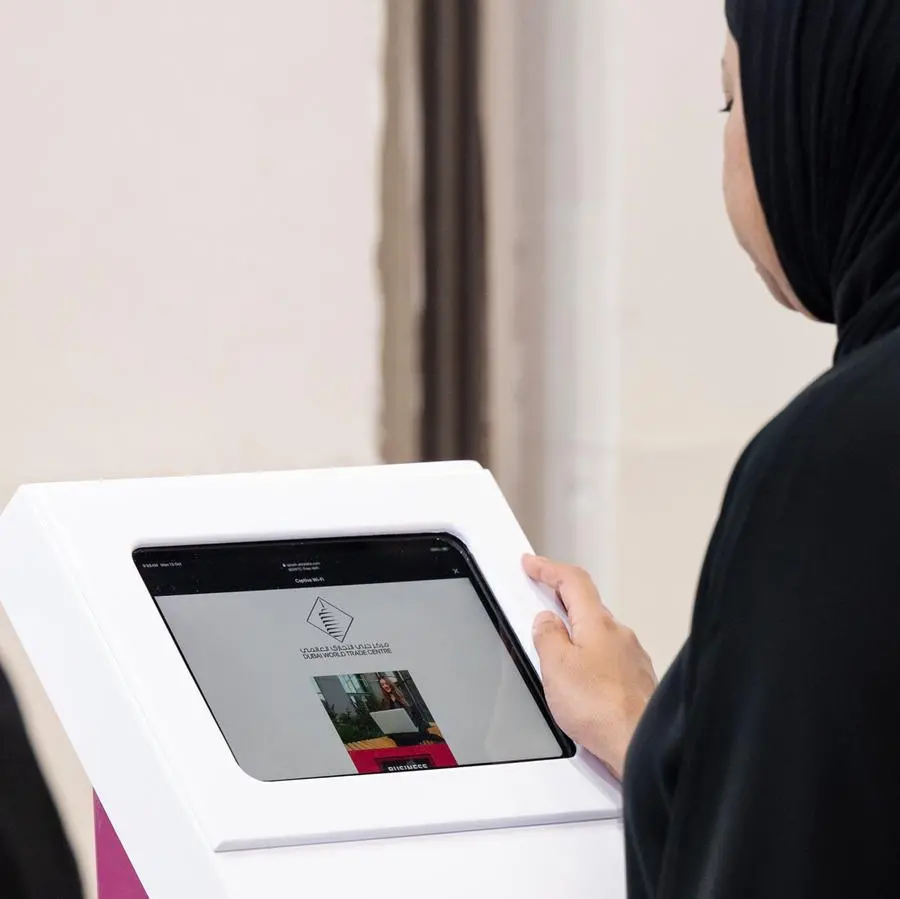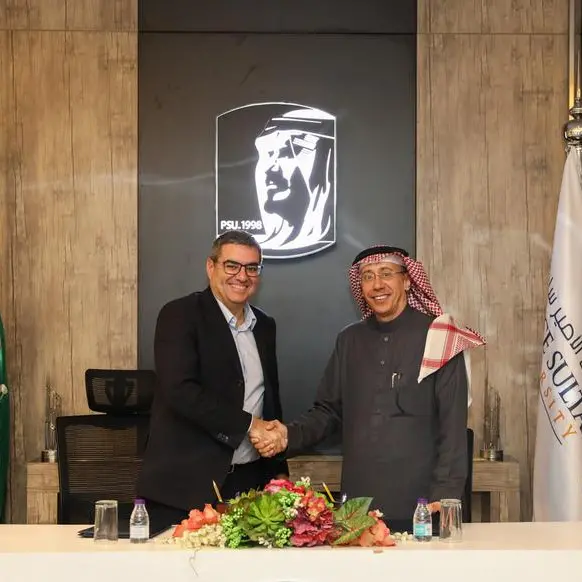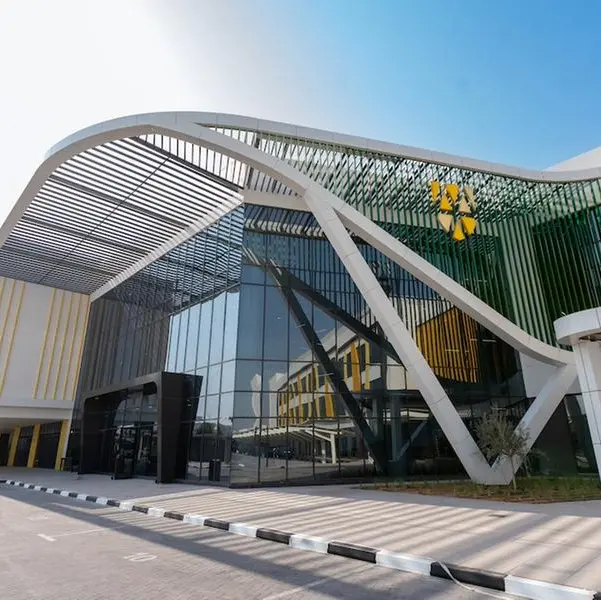PHOTO
Latest indicators by Free Zones World Economic Barometer reveal 40 per cent of free zones express positive outlook in Q1 2021
Free zones across the world are optimistic about their growth performance in the coming months as they prepare to become ‘future ready’ in a post-pandemic world, according to the latest indicators revealed by the Free Zones World Economic Barometer.
About 40 per cent of free zone organizations expressed positive outlook on their performance during the fourth quarter of 2020 and are looking at the first quarter of 2021 to be following the same trend, the World Free Zones Organization (World FZO) said in its report. The report further noted that investment, employment, and profitability of free zones showed improvement during Q4 compared to the previous quarter of the same year.
During the third quarter of last year, 49 per cent of free zones surveyed by World FZO reported ‘normal economic conditions,’ which then moved up to 53 per cent in the latest survey conducted in December 2020.
Dr. Mohammed Al Zarooni, Chairman of World FZO, remarked: “Amidst the pandemic, free zones have been doing their best to ensure business continuity and resume normal activities. As with challenges, we also see the opportunities as economies work towards greater regional coordination and integration with the support of policy reforms and use of latest technologies.”
“Alongside these developments, free zones can be the most ‘future ready’ if they focus on recovering in the most sustainable way based on greater transparency in their environment, social and governance commitment. Moreover, aligning their operations with the UN Sustainable Development Goals presents new opportunities to advance growth ambitions and societal development as well,” Dr. Al Zarooni added.
In line with its commitment to support the fast recovery of free zones, World FZO recently held a webinar themed ‘The Way Forward – Towards a Brighter Future,’ attended by nearly 500 participants. The event witnessed the presence of Dr. Samir Hamrouni, CEO of World FZO, along with key speakers, Dr. Mohan Guruswamy, the Chief Knowledge Officer at World FZO and Saskia Meuchelbock, Economist at Kiel Institute for the World Economy.
The impact of COVID-19 on free zones and a new development model designed to enhance the future readiness of free zones were discussed during the webinar.
Dr. Hamrouni explained, “We have created a range of certification programs and a range of unique resources that can help free zones flourish in different situations, considering a futuristic approach and long-term perspective. The pandemic has undoubtedly prompted all of us to become more proactive in our strategies, and these projects will assist free zones to achieve a new set of global norms that will benefit stakeholders worldwide.”
The speakers suggested that going digital and implementing a ‘lean and mean’ organization can help prepare free zones to accelerate recovery amidst the economic impact of the COVID-19 pandemic. They introduced during the webinar the ‘Free Zone of the Future’ - the Free Zone 4.0 Program, a unique initiative which will help free zones to become ‘future ready’.
Dr. Guruswamy underscored that COVID-19 has paved the way for a new business environment to emerge, which requires free zones to undertake a strategic reorientation of their operations and processes. “Our New World Model, which we also call the ‘New Normal,’ provides a path for businesses to emerge stronger from the crisis. The revamp necessitates a shift in mindset, with a focus on collaboration rather than competition, greater inclusion, continuous innovation, and reflection of ESG principles. With a greater emphasis on sustainability while operating, the new strategies envision a transformation in the production network and a new industrial revolution driven by digitalization,” he noted.
Meuchelbock, expressing her optimism, said: “Despite a drop in economic sentiment as a result of COVID-19, the free zones took proactive measures to mitigate the effects of the pandemic by focusing on digitalization, communication on awareness, and increasing online presence while revising value proposition and long-term strategies.”
World FZO further recommended in its report that digitalization, innovation, a review of business performance and management systems, exploring new methods of financing, and introducing an enterprise risk management framework can boost the recovery process of free zones.
The organization, in partnership with Kiel Institute for the World Economy, regularly releases a quarterly update featuring the performance indicators of free zones through its Free Zones World Economic Barometer.
© Press Release 2021
Disclaimer: The contents of this press release was provided from an external third party provider. This website is not responsible for, and does not control, such external content. This content is provided on an “as is” and “as available” basis and has not been edited in any way. Neither this website nor our affiliates guarantee the accuracy of or endorse the views or opinions expressed in this press release.
The press release is provided for informational purposes only. The content does not provide tax, legal or investment advice or opinion regarding the suitability, value or profitability of any particular security, portfolio or investment strategy. Neither this website nor our affiliates shall be liable for any errors or inaccuracies in the content, or for any actions taken by you in reliance thereon. You expressly agree that your use of the information within this article is at your sole risk.
To the fullest extent permitted by applicable law, this website, its parent company, its subsidiaries, its affiliates and the respective shareholders, directors, officers, employees, agents, advertisers, content providers and licensors will not be liable (jointly or severally) to you for any direct, indirect, consequential, special, incidental, punitive or exemplary damages, including without limitation, lost profits, lost savings and lost revenues, whether in negligence, tort, contract or any other theory of liability, even if the parties have been advised of the possibility or could have foreseen any such damages.
